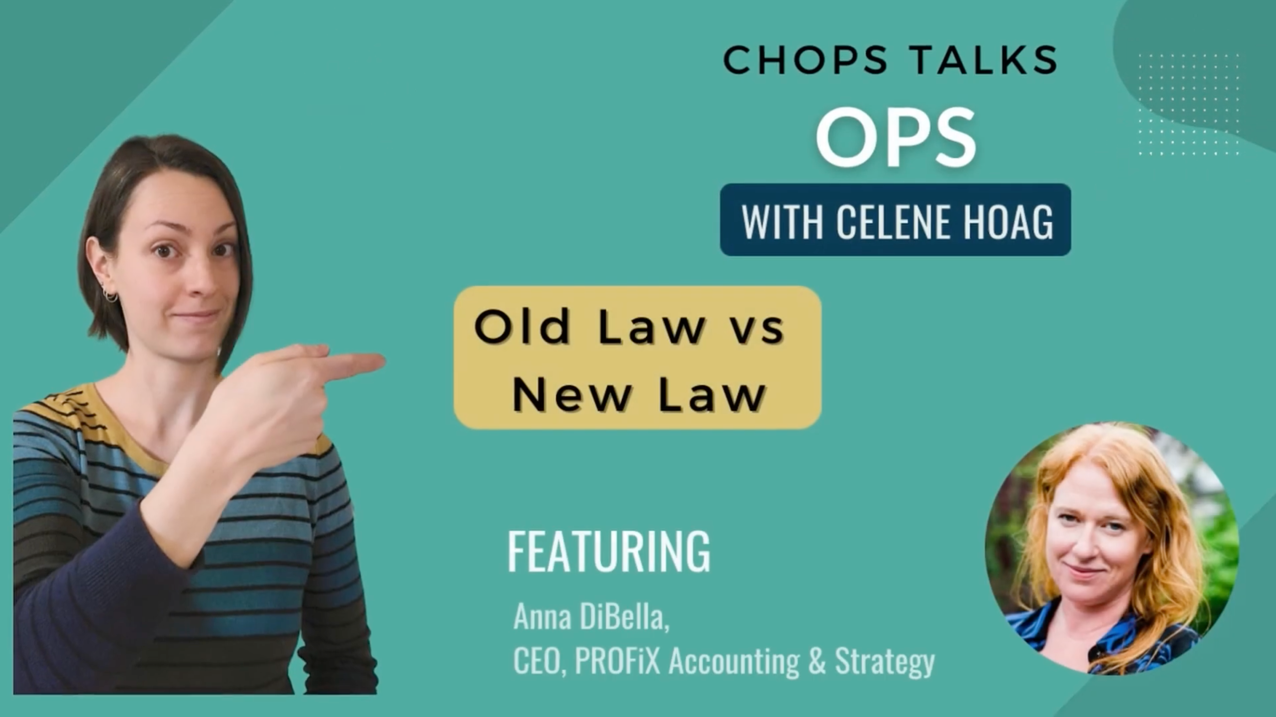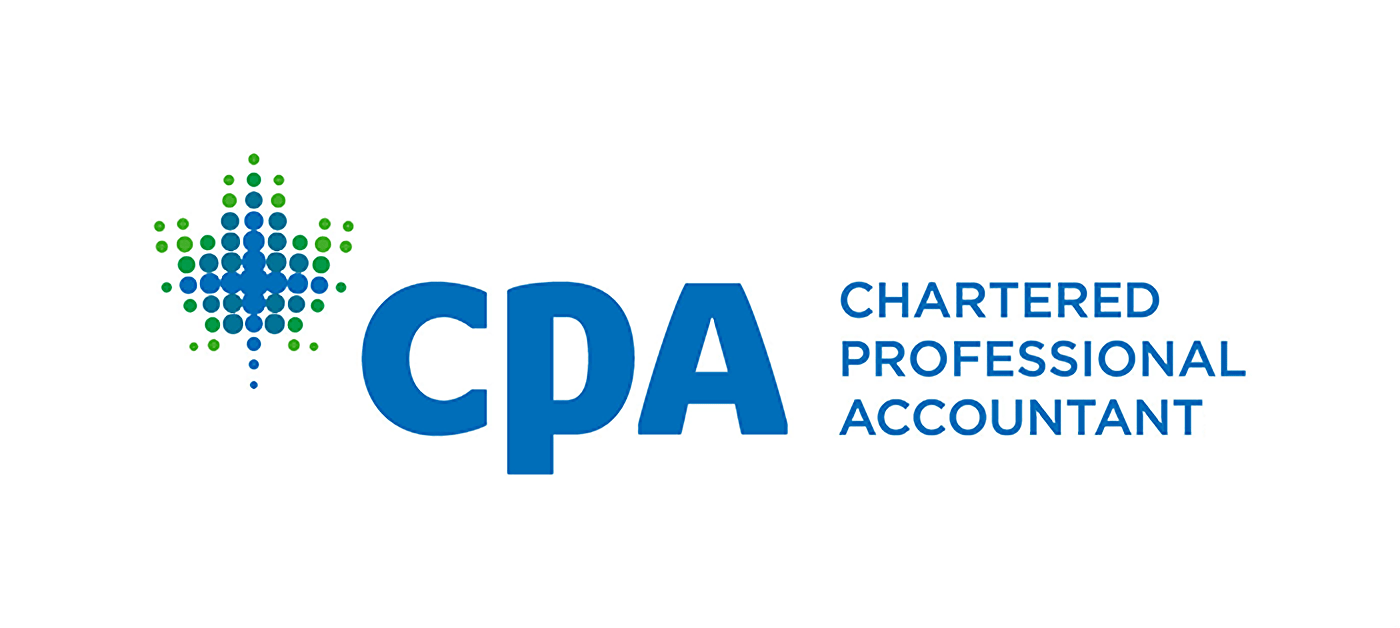The best Legal Accounting Software for Canadian Law Firms | PROFiX (Updated 2023)
Legal Accounting Software
In order to make sure you have sound financial records and reliable accounting processes for your law firm, you need the right legal accounting software.
The wrong software — or not using the right software correctly — can result in errors which may cost your business in the long run. Anna DiBella CPA, CGA, of PROFiX Accounting and Strategy, reviews the key legal accounting software packages for law firms.
What is legal accounting software?
Legal accounting software is a type of program that is tailored to the legal industry, helping to keep track of time, billings, schedules, and more. You can use this software to make it easy to produce financial reports and statements and monitor your business performance.
Often, legal accounting software also includes practice management components such as document management.
Unlike a legal software like Clio which does billing and time keeping, an accounting software will include a general ledger and have functionality like bank reconciliations.
It will also include a feature that easily accounts for and tracks lawyers trust funds and the specific accounting and reporting rules outlined by the Law Society. Legal accounting software keeps client information safe and secure, and follows all data security laws.
Do I need legal accounting software?
While many law firms prefer using a legal-specific software, it isn’t necessary for every firm. Some law firms we work with at PROFiX like legal accounting software because of the added features, such as client contact portals and matter management.
Legal accounting softwares, like PC Law, also offers full trust accounting add-ons that make trust accounting easy and straightforward.
However, keep in mind that these options can sometimes be costly and offer outdated accounting solutions. Many firms we work with prefer to use a more modern non-legal accounting software, like Xero. This kind of accounting software is intuitive and easy to use, with all the functionality you need.
Top law firm accounting software
Here are a few of the most common legal accounting software programs our clients use:
PC Law
PC Law is a relatively inexpensive option that can be a good choice if trust accounting is important in your business. This software acts as an overall practice management system, and includes billing and timekeeping. It’s an all-in-one solution; however, there is no cloud option.
This means that you can only use it from your desktop. Keep in mind that PC Law does not have any integrations to assist with financial reporting or expense management either, which could leave your firm operating less efficiently then you want. We also find that the billing template functions are not effective.
PC law is no longer supporting their desktop version and firms are either being forced to move to their new software (which is geared towards big firms). So small and midsized firms are being forced off PC Law and encouraged to move to LEAP.
Clio
Keep in mind that Clio is not actually a legal accounting software, but is used by many of our clients.
Small firms and sole practitioners like it, especially to track and apply their own trust funds, however we do not recommend it for large firms.It does billing, timekeeping, and document management — plus it has a client portal.
However, it provides a streamlined user experience, and is ideal for a sole practitioner to track and apply their own trust funds to client bills. You can integrate it with a non-legal accounting software like Xero, which offers more modern solutions like Hubdoc for receipt management.
Should you switch from PC Law to Clio?
We break down the pros and cons for you in this short video.
LEAP
LEAP does not do general accounting, but it does do trust reconciliation. You need to integrate into an accounting software like Xero or QuickBooks. When we tested the integration, it was not functioning properly at the time. LEAP is primarily for firms who want to integrate their email, allow document automation, and other practice management features into one platform and don't have complicated billing needs.
Software Training offer:
TRUST ACCOUNTING IN CLIO and XERO
Is your law firm Law Society Compliant in Clio and Xero? If you aren't doing a 5-way trust bank reconciliation, you are not compliant.
Learn the proven method for keeping your financials clear and on track. We'll go through each step from set up to reconciliation, plus share tips for best practices and supporting apps.
In this
4-hour course, we outline our start to finish process for trust accounting in Clio, plus provide tips and best practices for working efficiently and staying organized.
Learn more and see the course outline.
ESILaw
ESILaw legal accounting software is an all-in-one solution that offers trust accounting functionality. They recently launched a new version that has fairly contemporary and intuitive features. However, like PC Law, it does not integrate with any modern financial management applications like Hubdoc.
ESILaw recently launched a new version that they call cloud based. However, it's not fully cloud based, and it does not integrate with any modern financial management applications, like hubdoc. We do not work with ESILaw at PROFiX.
Soluno
Soluno is a very comparable product to PC law. It functions in a similar fashion, which makes it easy for lawyers and bookkeepers to learn. It has its own set of unique challenges, just like PC law. You simply need to take the time to learn the workflows and adjust them a little bit to adapt to Soluno.
Xero and Hubdoc
When our clients aren’t using a legal-specific accounting software such as PC Law or ESILaw, we set up their accounting records in Xero Accounting Software.
This is a modern cloud-based platform that offers integrations with hundreds of applications including Clio. Hubdoc is an encrypted document management portal where you can easily send and store all of your financial documents. This means that you don’t need to keep any paper records. With Hubdoc, we can do your accounting 100% remotely if that suits your business.
Keep in mind that there are other legal accounting software options, like Cosmolux and Soluno. We’ll be reviewing these in the near future, so look out for more information on those coming soon.
Legal accounting software features to look out for
When you’re trying to decide which legal accounting software is right for your firm, you need to evaluate a number of different features and how they apply to your business. Here are some of the most important things you’ll need to consider when choosing your legal accounting software.
Trust accounting
PC Law and ESILaw both do trust accounting including reconciliations, while Clio does not. If you use Clio, then your trust bank reconciliations have to be done in external accounting software, like Xero.
The bottom line is that you don't actually need a specific legal accounting or trust accounting software to manage lawyers’ trust funds when you work with a legal accounting expert like PROFiX.
However, there is no harm in using these products for trust accounting, as long as your accounting team is familiar with the trust accounting rules outlined by your local Law Society.
Cashflow
Reports like Accounts Receivables and Accounts Payable are used to project and manage cash flow in your firm. All of the major accounting softwares have these reports, but using a non-legal software, or a more modern software like Xero, offers the benefits of integrations with other apps to help report on your financial performance including cashflow.
Accounts payable
All major legal accounting software do accounts payable date entry, but only modern software like Xero offer solutions that integrate into Hubdoc.
You can use the app or forward invoices directly from your email to your secure cloud storage solution.
Then, those can be posted directly into your accounting software, while a PDF of the invoice is pushed into your Xero accounting system. This makes all your documents easily accessible for when you are reviewing that accounting entry.
Accounts receivable
All legal accounting software options offer invoicing and accounts receivables, but only Xero offers automated accounts receivable reminders. These are key to getting paid on time in an efficient way, and we love this feature.
Bank account
For a general bank account, you’ll need to use an accounting software with a general ledger that performs bank reconciliations. Any accounting software with a general ledger should offer this feature.
For trust accounts, PC Law and ESILaw offer streamlined accounting solutions to administer trust accounting payments. You can use trust-general transfers for retainers to pay down client accounts. They also offer full trust accounting bank reconciliations and matter-level trust balance reporting to keep your firm compliant with the Law Society of BC (LSBC).
Clio does not offer these features, but does offer a trust bank account ledger and some reports. It's best practice to record your trust accounting in an accounting software outside of Clio, especially if you need to report on the client matter level and be compliant with your Law Society’s trust accounting rules.
In most cases, this needs to be set up and monitored manually and involves some double entries. Although Clio integrates with Xero and Quickbooks Online, the integration has a lot of glitches and many bookkeepers prefer to do things manually.
Billable hours
In order to ensure your law firm is productive and profitable, you need to carefully track your billable hours in real time. If you lose track of how long each lawyer has spent on each task, you don’t have a clear idea of what to bill your clients.
All major legal accounting software has time tracking capability. We recommend using the built-in timer features to keep accurate records of your attorneys’ time.
Client information
When you need to manage client and matter-specific level data that is required by your firm’s workflows, it’s best to use a system that has a client portal — such as Clio and PC Law. This is a secure option that is compliant with privacy laws.
Document management
If document management is vital to your legal accounting software, opt for ESILaw or Clio. These have varying document management capabilities. Keep in mind that PC Law does not offer any document management features.
Which legal accounting software is best for your law firm?
There is no right or wrong answer when it comes to legal accounting software. It all depends on which stage of business you are in and the unique situation of your law firm. Typically, traditional firms with more established business and partners use PC Law or ESILaw. Startup firms often use Clio, Xero, and Hubdocs. Many innovative firms prefer to use accounting solutions that are outside of the legal industry niche.
Get in touch with PROFiX today if you’re wondering which legal accounting software is right for you. We’ll walk you through the pros and cons of each kind of software and help you determine the right choice for your firm.





